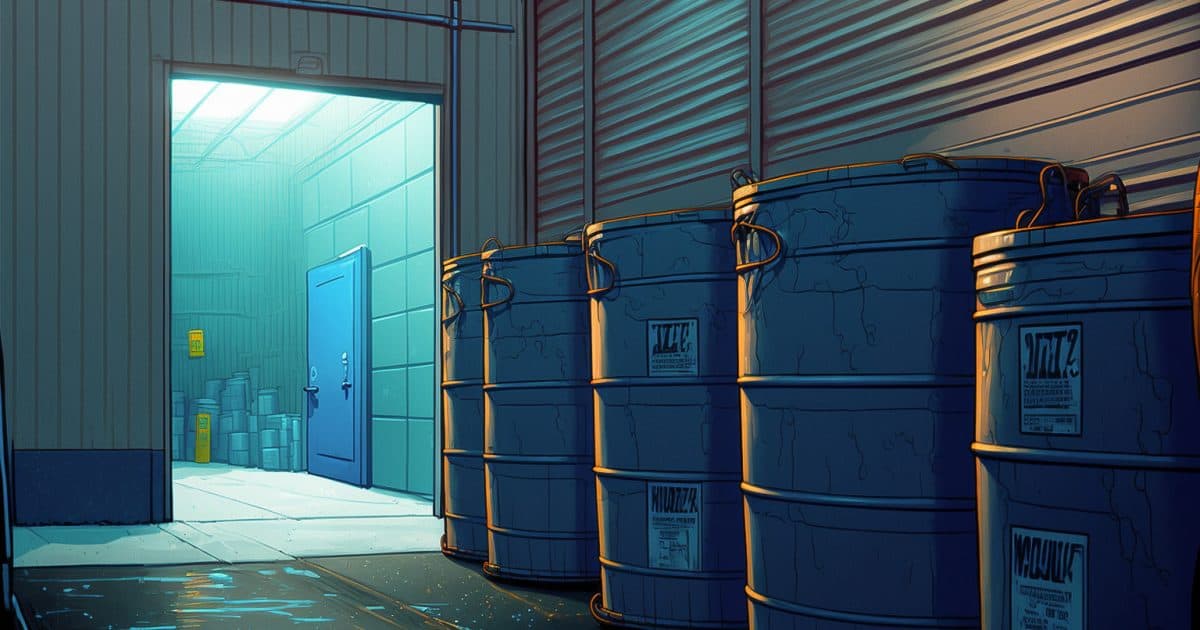Good point, landlubber. I was thinking of it a bit differently but you are correct that the original question wasn’t about trailer systems.
However I think the filters I’m talking/asking about (ie a fixed filtration unit) can be adapted for the OPs use case pretty easily. They can used to filter water from the boonies if the OP decides to either mount or even just bring along a 12v pump. A pump has a lot of uses around camp and we had one installed in out JK even though we did not have a tank. A decent pump is easily under $100 and can be used for filling containers, hosing down muddy dogs, pulling water from a rocky shore that is unsafe to carry a water jug over, etc. Plus, both pumps and filters can be mounted in a portable box like a pelican case. That’s what we use for our shower system currently and it’s handy as we can loan it out, use it at home in the event of an emergency, etc. The downside to all this is size — the fixed pumps are big. For cost, efficacy, and size/weight — it’s hard to beat a sawyer mini at $20. The gravity system we use can work but the fixed pump would work too if it’s not too high pressure.
There’s so many options out there but here is everything I’ve learned so far; it’s more ‘principles to look for’ than it is specific product suggestions:
For backcountry use a person needs a water system that will capture bacteria first and foremost — this is a major health issue. However viruses are still a risk in some parts of the world, and most water filters don’t work for viruses. And to clarify further, it seems there is some consistency in the outdoors industry that “water filter” = bacteria and dirt; “water purifier” = bacteria, dirt, and harmful viruses. A persons application may mean they don’t need to worry about viruses if there are none in waters of the area they travel but for me, the peace of mind of having truly clean water is worth it. To put numbers on it, what I read suggests that a filter that goes down to 0.02 microns will catch most stuff in the waters of North America, but not viruses, which are less of a risk in NA. Some folks use larger filters and combine them with UV or chemical treatment even in small backpacking systems so adapting that to overlanding should be straightforward. Internationally viruses are much more of a concern and so chemical or UV treatment is necessary.
After diseases are tackled, the next priority for me is a pre-filter that will take the sediment and silt out. The main reason is longevity if my life-safety filter; less junk going into that filter means it will flow better and last longer.
Finally there’s flavour filters to remove funky tastes. A taste filter may not deal with bacteria or anything else, but can improve the taste of a persons water. Most good filters will do this no matter what, but if folks are using a chemical or light system to clean their water they may need to look more closely at a filter for water flavour. Bad tasting water is going to be unpleasant, and that increase the risk of dehydration — human nature, after all — and while when you are thirsty enough you will likely drink it anyway, being dehydrated can impair decision making and cause ancillary safety risks. It makes sense to me that if your going to filter your water, pay some mind to the taste of what you are drinking. Your spending the money anyway, after all.
More good info here from MSR, a well regarded manufacturer of filters: Water Treatment 101: Viruses - The Summit Register
Some of the filter systems in fixed applications (sailboats, some trailers) do all 3 of the above in one unit it seems, and include the ability to deal with viruses via light or chemical in one robust package. That might be handy for some applications.
However I think the filters I’m talking/asking about (ie a fixed filtration unit) can be adapted for the OPs use case pretty easily. They can used to filter water from the boonies if the OP decides to either mount or even just bring along a 12v pump. A pump has a lot of uses around camp and we had one installed in out JK even though we did not have a tank. A decent pump is easily under $100 and can be used for filling containers, hosing down muddy dogs, pulling water from a rocky shore that is unsafe to carry a water jug over, etc. Plus, both pumps and filters can be mounted in a portable box like a pelican case. That’s what we use for our shower system currently and it’s handy as we can loan it out, use it at home in the event of an emergency, etc. The downside to all this is size — the fixed pumps are big. For cost, efficacy, and size/weight — it’s hard to beat a sawyer mini at $20. The gravity system we use can work but the fixed pump would work too if it’s not too high pressure.
There’s so many options out there but here is everything I’ve learned so far; it’s more ‘principles to look for’ than it is specific product suggestions:
For backcountry use a person needs a water system that will capture bacteria first and foremost — this is a major health issue. However viruses are still a risk in some parts of the world, and most water filters don’t work for viruses. And to clarify further, it seems there is some consistency in the outdoors industry that “water filter” = bacteria and dirt; “water purifier” = bacteria, dirt, and harmful viruses. A persons application may mean they don’t need to worry about viruses if there are none in waters of the area they travel but for me, the peace of mind of having truly clean water is worth it. To put numbers on it, what I read suggests that a filter that goes down to 0.02 microns will catch most stuff in the waters of North America, but not viruses, which are less of a risk in NA. Some folks use larger filters and combine them with UV or chemical treatment even in small backpacking systems so adapting that to overlanding should be straightforward. Internationally viruses are much more of a concern and so chemical or UV treatment is necessary.
After diseases are tackled, the next priority for me is a pre-filter that will take the sediment and silt out. The main reason is longevity if my life-safety filter; less junk going into that filter means it will flow better and last longer.
Finally there’s flavour filters to remove funky tastes. A taste filter may not deal with bacteria or anything else, but can improve the taste of a persons water. Most good filters will do this no matter what, but if folks are using a chemical or light system to clean their water they may need to look more closely at a filter for water flavour. Bad tasting water is going to be unpleasant, and that increase the risk of dehydration — human nature, after all — and while when you are thirsty enough you will likely drink it anyway, being dehydrated can impair decision making and cause ancillary safety risks. It makes sense to me that if your going to filter your water, pay some mind to the taste of what you are drinking. Your spending the money anyway, after all.
More good info here from MSR, a well regarded manufacturer of filters: Water Treatment 101: Viruses - The Summit Register
Some of the filter systems in fixed applications (sailboats, some trailers) do all 3 of the above in one unit it seems, and include the ability to deal with viruses via light or chemical in one robust package. That might be handy for some applications.






